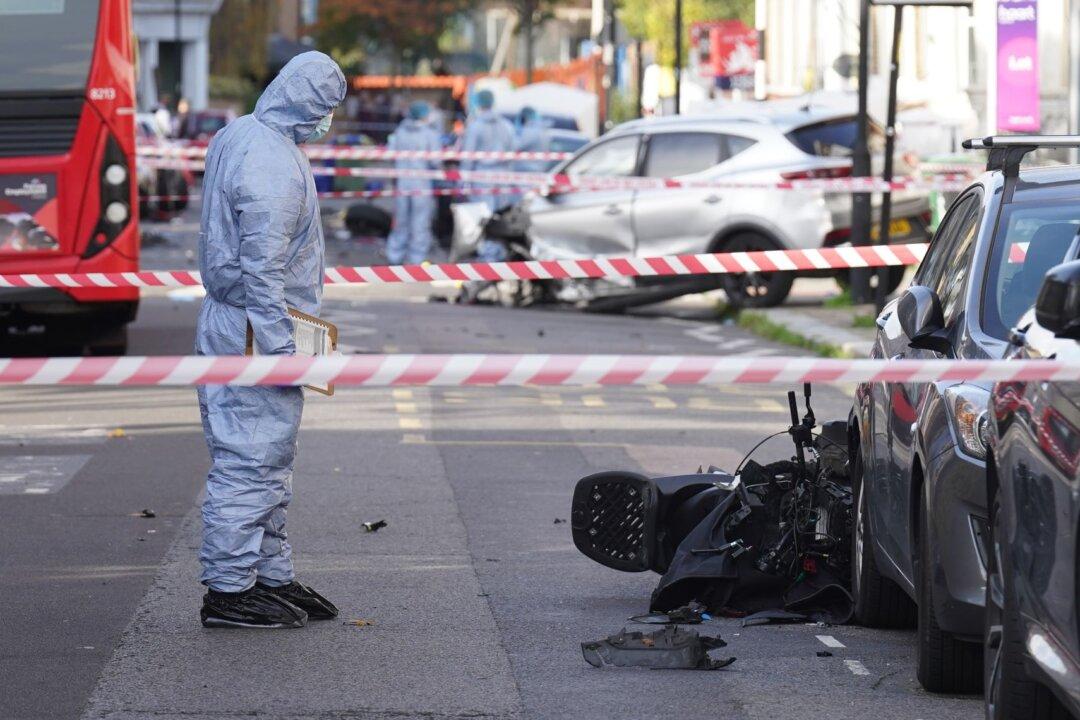The percentage of homicides involving people under 35 in London which appear to be linked to drill music remains worryingly high, according to analysis by The Epoch Times.
From April 2022 to March 2023, according to Statista, there were 112 homicides in London, and at least eight of them appeared linked to drill music disputes.





